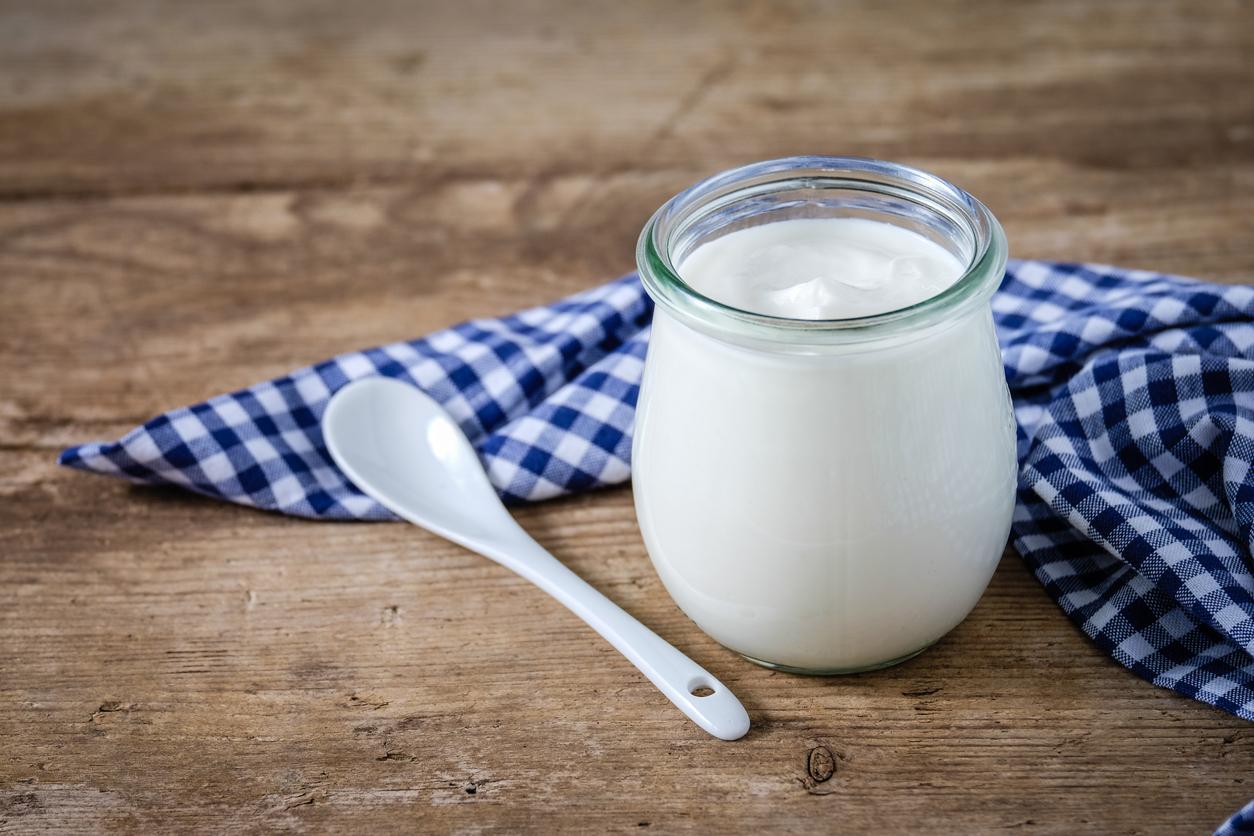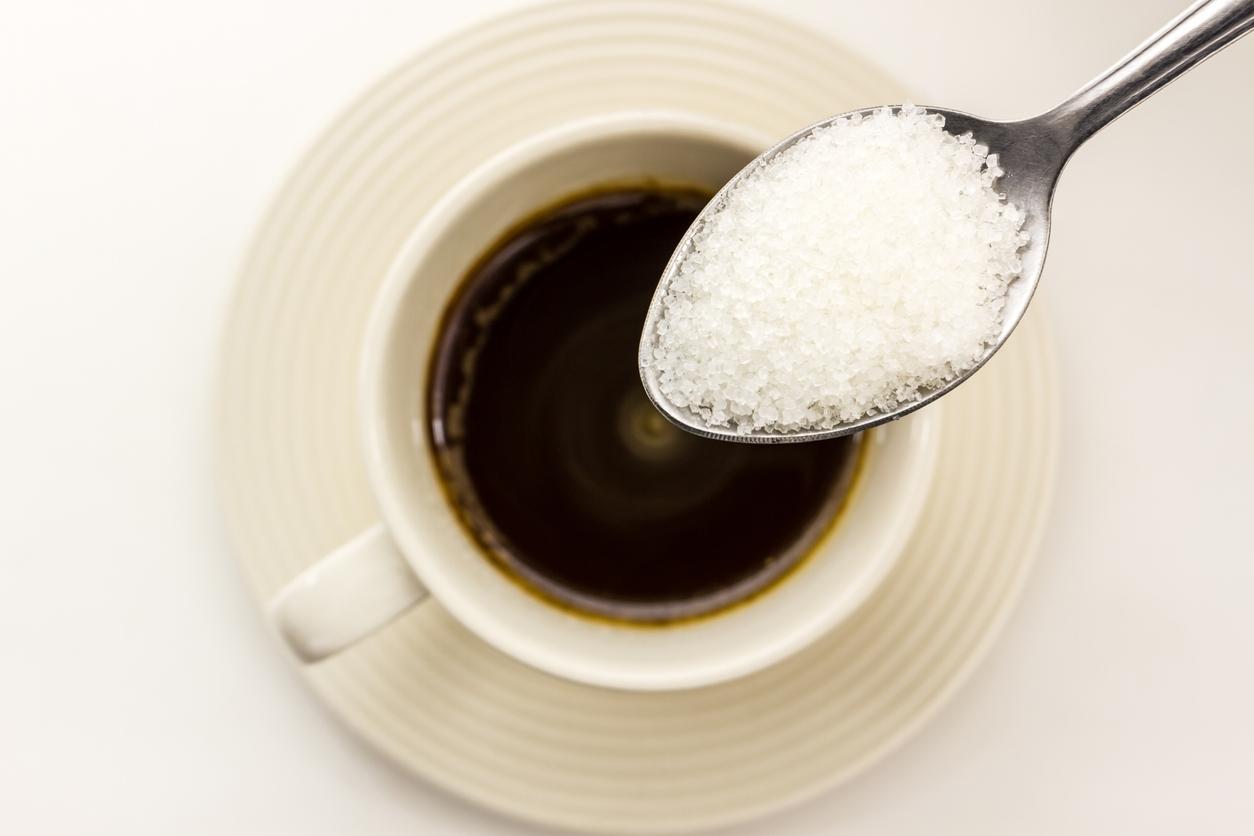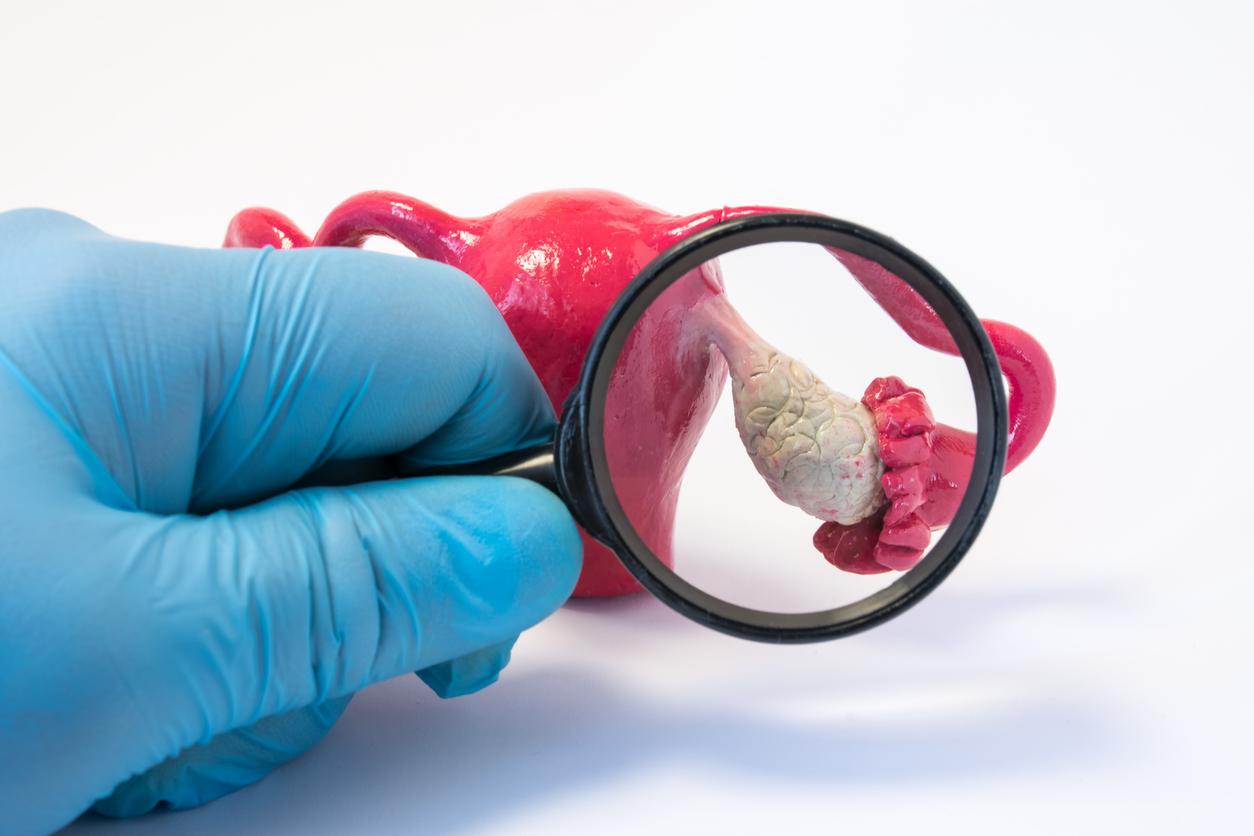Consumption of ultra-processed foods is correlated with a significant increase in the risk of type 2 diabetes.

- An unbalanced diet can increase the risk of chronic diseases including type 2 diabetes.
- Ultra-processed products, such as salty snacks, ready meals or processed meats, are associated with a higher incidence of type 2 diabetes.
- However, replacing ultra-processed foods with minimally or unprocessed products could reduce the risk of type 2 diabetes.
Several causes can be responsible for the onset of type 2 diabetes. A diet composed of foods that are too fatty and too sugary, combined with a sedentary lifestyle, can particularly promote its onset. Researchers from University College London (UCL) recently suggested that populations consuming more ultra-processed foods are at increased risk of developing this chronic disease.
The impact of ultra-processed foods on the risk of type 2 diabetes
During this work, published in The Lancet Regional Health – Europethe British team analyzed the relationship between the degree of food processing and the risk of type 2 diabetes in 311,892 people from eight European countries over a period of 10.9 years. During the study period, 14,236 people developed type 2 diabetes.
The researchers used the Nova classification to assess the degree of processing of foods. This nomenclature divides food products into four groups:
- unprocessed or minimally processed foods, such as eggs, milk or fruit;
- processed culinary ingredients, such as salt, butter or oil;
- processed foods, including canned fish and cheese;
- ultra-processed foods, including ready meals, salty snacks or sweets.
Scientists then found that the ultra-processed food groups that can significantly increase the risk of type 2 diabetes are:
- salty snacks;
- processed meats;
- prepared meals;
- sugary drinks.

Eating minimally processed foods reduces incidence of type 2 diabetes
Every 10% increase in the amount of ultra-processed foods in a person’s diet is linked to a 17% increase in the risk of type 2 diabetes. However, this risk could be reduced by eating less processed foods. According to the results, replacing 10% of ultra-processed products with 10% of unprocessed or minimally processed foods could reduce the risk of type 2 diabetes by 14%.
However, researchers have found that not all foods classified as ultra-processed have the same impact on health. This is particularly the case for breads, biscuits and breakfast cereals, which have been linked to a lower incidence of type 2 diabetes. “Breads and cereals, for example, are part of many people’s diets. Based on our results, I think we should treat them differently from salty snacks or sugary drinks in terms of dietary advice.”said Professor Rachel Batterham, lead author of the study and a British doctor.
Currently, the UCL team is leading a trial to measure the impact of diets of ultra-processed foods and diets including minimally or unprocessed products on healthy eating advice. The results are expected to be published in 2025.

















